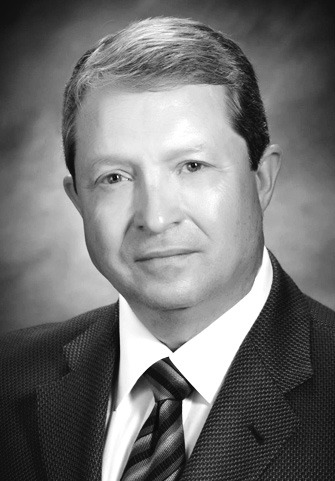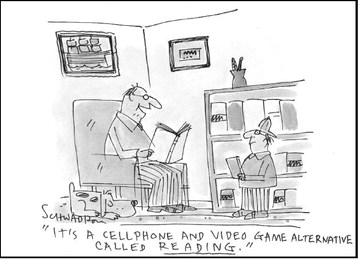President Trump appointed enough Supreme Court judges with “originalist” beliefs that we now have an originalist majority for the first time in many years. The term “originalist” means that they believe that the US Constitution should be interpreted based on the Founding Fathers intent when they wrote the Constitution. Since the Supreme Court is the highest authority in our judicial system, one would think that their rulings would be the final say in any matter. Sadly, after 230 plus years that is no longer the case. Today we have lower-court judges defying precedent and openly criticizing Supreme Court justices.
Keep in mind that the Constitution vests “all” legislative power to the Congress; the Courts have no legislative powers. Congress was also given the power to create lower federal courts to help carry the judicial load, and they adjudicate the bulk of federal-law cases. These lower-court judges have taken the same Article VI oath to support the Constitution as the Supreme Court justices have. The Supreme Court’s precedent is binding on the lower courts.
The unique system of checks and balances built into the Constitution has somehow been replaced by imperial federal court judges who have grabbed unconstitutional powers for the lower courts in defying both the Trump Administration and high court opinions. The high court has attempted to remind the lower courts of their constitutional role and their need to follow precedent, but to no avail. The lower court judges only express disagreement and then use creative tactics to evade the high court’s directions.
This judicial crisis has now invaded Louisiana. In the 1970’s secular laws were passed that kicked God out of our public schools under a false interpretation that the First Amendment’s Establishment Clause required separation of church and state. However, in 2022 the Supreme Court ruled in Kennedy v. Bremerton that the test of whether a law complies with the First Amendment for Religious Liberty is whether it’s consistent with the country’s “original meaning and history”, and going forward the Court will be abandoning the 1971 ‘Lemon Test’ which required a primary secular test. Justice Gorsuch, writing for the majority, said that forbidding teachers from engaging in any religious speech is “suppressing religious liberty rather than protecting it.”
Subsequently, Louisiana passed a law providing for the display of the Ten Commandments in classrooms in accordance with the “original meaning and history” of the First Amendment, as the Ten Commandments are the cornerstone of our moral and legal heritage. However, in 2024 a lower federal court in Louisiana blocked the state’s Ten Commandments law for violating the Establishment and Free Exercise clauses, and that ruling was affirmed on appeal last month.
What about the Supreme Court’s 2022 Kennedy ruling that set precedent?
Steve Gardes is a Certified Public Accountant (CPA) and Certified Valuation Analyst (CVA) with over 40 years of public accounting experience.



